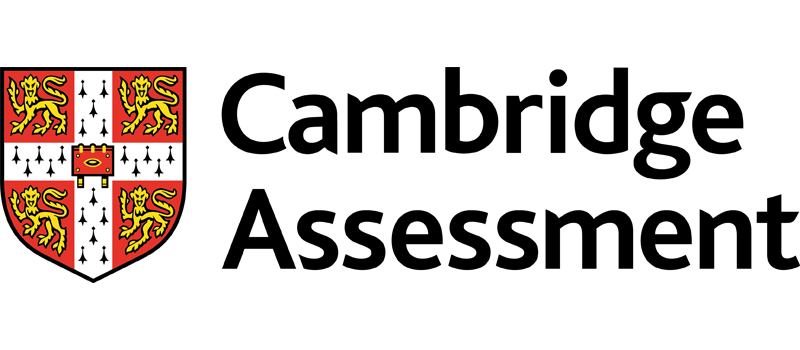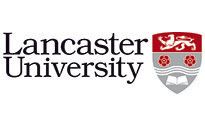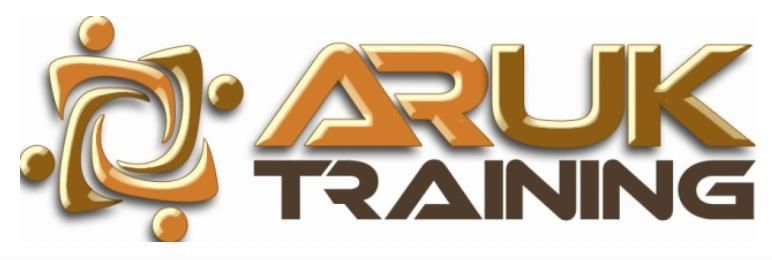
Decision-Making and Problem-Solving
Course ID: 2512080101133ESH
Course Dates : 08/12/25 Course Duration : 5 Studying Day/s Course Location: London, UK
Language: Bilingual
Course Category: Professional and CPD Training Programs
Course Subcategories: Operations and Process Excellence
Course Certified By: ESHub CPD & LondonUni - Executive Management Training
* Professional Training and CPD Programs
Leading to:
Executive Diploma Certificate
Leading to:
Executive Mini Masters Certificate
Leading to
Executive Masters Certificate
Certification Will Be Issued From :
From London, United Kingdom
Course Information
Introduction
The ability to make sound decisions and solve complex problems is a cornerstone of professional success in any industry. Whether navigating organizational challenges, managing teams, or driving innovation, decision-making and problem-solving skills are indispensable for achieving desired outcomes. These competencies are not innate but can be cultivated through structured learning and practice. This course delves into the theoretical frameworks and practical tools that empower individuals to approach challenges with clarity, confidence, and strategic thinking. By exploring both time-tested methodologies and emerging trends, participants will gain insights into how these skills can be applied across diverse professional contexts.
In today’s dynamic work environment, professionals face unprecedented levels of complexity and uncertainty. Rapid technological advancements, shifting market demands, and evolving workplace dynamics create an urgent need for adaptive decision-making. Yet, many organizations struggle with inefficiencies caused by poor decision-making processes or a lack of structured problem-solving approaches. For instance, a study by McKinsey revealed that up to 72% of executives believe bad strategic decisions are as frequent as good ones within their organizations. This course addresses such gaps by equipping participants with the knowledge and tools to systematically analyze situations, evaluate options, and implement effective solutions.
Key theories such as Simon’s Rational Decision-Making Model, Kahneman’s Dual-Process Theory, and de Bono’s Six Thinking Hats provide foundational frameworks for understanding how humans process information and make choices. However, theory alone is insufficient without practical application. The course integrates real-world case studies to demonstrate how these models have been successfully employed. For example, NASA’s decision-making during the Apollo 13 mission exemplifies how structured problem-solving saved lives under extreme pressure. Similarly, companies like Toyota have revolutionized manufacturing through their commitment to root cause analysis and continuous improvement methodologies.
For individuals, mastering decision-making and problem-solving enhances career prospects, leadership capabilities, and personal effectiveness. Professionals who excel in these areas are often recognized as valuable assets to their organizations, leading to promotions, increased responsibilities, and greater job satisfaction. On an organizational level, fostering a culture of effective decision-making leads to improved performance, reduced costs, and enhanced innovation. A Harvard Business Review article highlighted that companies prioritizing data-driven decision-making achieved up to 5% higher productivity and 6% higher profits than their peers.
Despite its importance, many professionals lack formal training in decision-making and problem-solving. This gap is particularly evident among mid-level managers and team leaders who are expected to make critical decisions daily but may not possess the necessary skills. The course bridges this divide by offering a comprehensive curriculum that balances theoretical knowledge with hands-on exercises. Participants will engage in simulations, group discussions, and scenario-based activities designed to reinforce learning and build confidence.
Ultimately, this course is about empowering professionals to transform challenges into opportunities. By developing a systematic approach to decision-making and problem-solving, participants will not only enhance their own capabilities but also contribute to the success of their teams and organizations. Whether addressing operational inefficiencies, resolving conflicts, or driving strategic initiatives, the skills acquired in this course will serve as a lifelong asset in navigating the complexities of modern workplaces.
Objectives
By attending this course, participants will be able to:
Analyze complex problems using structured frameworks such as SWOT analysis and Fishbone diagrams.
Evaluate decision alternatives based on risk assessment and stakeholder impact.
Design innovative solutions by applying creative problem-solving techniques like brainstorming and lateral thinking.
Implement evidence-based decision-making processes supported by data analytics and critical reasoning.
Apply ethical considerations to ensure decisions align with organizational values and compliance requirements.
Develop strategies for overcoming cognitive biases in individual and group decision-making scenarios.
Synthesize feedback from stakeholders to refine and improve decision outcomes over time.
Who Should Attend?
This course is ideal for:
Mid-level managers and team leaders seeking to enhance their leadership capabilities.
Project managers and consultants responsible for delivering results under tight deadlines.
HR professionals tasked with conflict resolution and organizational development.
Educators and trainers interested in teaching decision-making skills to others.
Entrepreneurs and business owners looking to optimize operations and drive growth.
These groups will find the course valuable because it addresses common pain points such as ambiguity in decision-making, resistance to change, and lack of alignment among stakeholders. While the course assumes no prior expertise, intermediate learners will benefit most due to its focus on advanced applications and real-world relevance.
Training Method
• Pre-assessment
• Live group instruction
• Use of real-world examples, case studies and exercises
• Interactive participation and discussion
• Power point presentation, LCD and flip chart
• Group activities and tests
• Each participant receives a 7” Tablet containing a copy of the presentation, slides and handouts
• Post-assessment
Program Support
This program is supported by:
* Interactive discussions
* Role-play
* Case studies and highlight the techniques available to the participants.
Daily Agenda
Daily Schedule (Monday to Friday)
- 09:00 AM – 10:30 AM Technical Session 1
- 10:30 AM – 12:00 PM Technical Session 2
- 12:00 PM – 01:00 PM Technical Session 3
- 01:00 PM – 02:00 PM Lunch Break (If Applicable)
- Participants are expected to engage in guided self-study, reading, or personal reflection on the day’s content. This contributes toward the CPD accreditation and deepens conceptual understanding.
- 02:00 PM – 04:00 PM Self-Study & Reflection
Please Note:
- All training sessions are conducted from Monday to Friday, following the standard working week observed in the United Kingdom and European Union. Saturday and Sunday are official weekends and are not counted as part of the course duration.
- Coffee and refreshments are available on a floating basis throughout the morning. Participants may help themselves at their convenience to ensure an uninterrupted learning experience Provided if applicable and subject to course delivery arrangements.
- Lunch Provided if applicable and subject to course delivery arrangements.
Course Outlines
Foundations of Decision-Making
Introduction to decision-making theories and models.
Understanding cognitive biases and their impact on judgment.
Overview of rational versus intuitive decision-making processes.
Group activity: Identifying biases in real-world scenarios.
Day 2:
Problem-Solving Frameworks
Root cause analysis using the Fishbone diagram and 5 Whys technique.
Applying SWOT analysis to assess internal and external factors.
Structured brainstorming methods for generating solutions.
Case study: Solving operational inefficiencies in a manufacturing plant.
Day 3:
Data-Driven Decision-Making
Leveraging data analytics for informed decision-making.
Interpreting key metrics and KPIs to guide strategic choices.
Tools for visualizing data effectively (e.g., dashboards).
Simulation exercise: Making decisions based on incomplete data.
Day 4:
Creative Problem-Solving Techniques
Introduction to lateral thinking and divergent thinking.
Using de Bono’s Six Thinking Hats for balanced perspectives.
Strategies for fostering creativity in teams.
Workshop: Developing innovative solutions to hypothetical challenges.
Day 5:
Implementation and Evaluation
Designing action plans for implementing decisions.
Measuring success through post-decision evaluation metrics.
Managing stakeholder expectations and feedback loops.
Final project: Presenting a comprehensive decision-making strategy.



















































